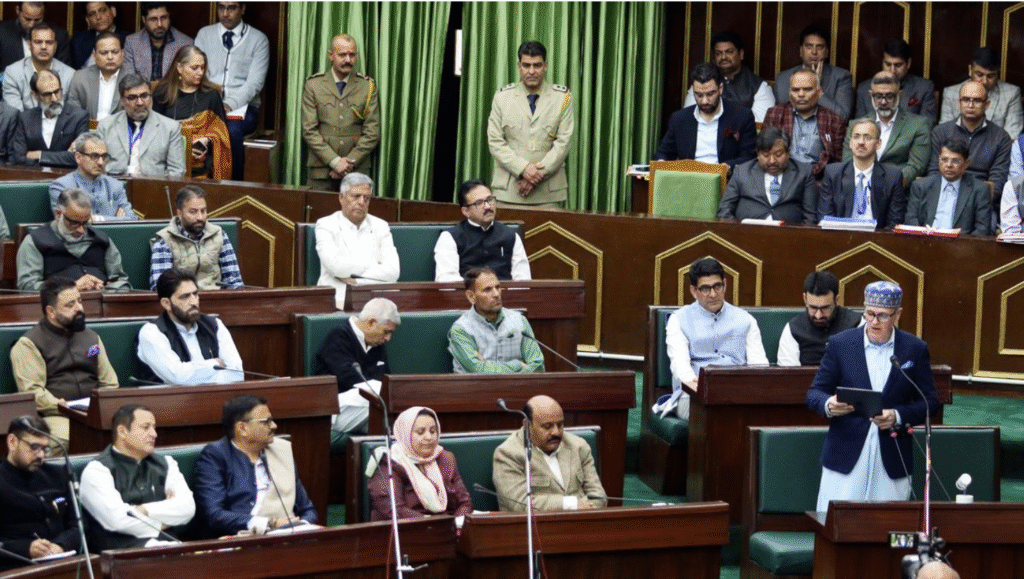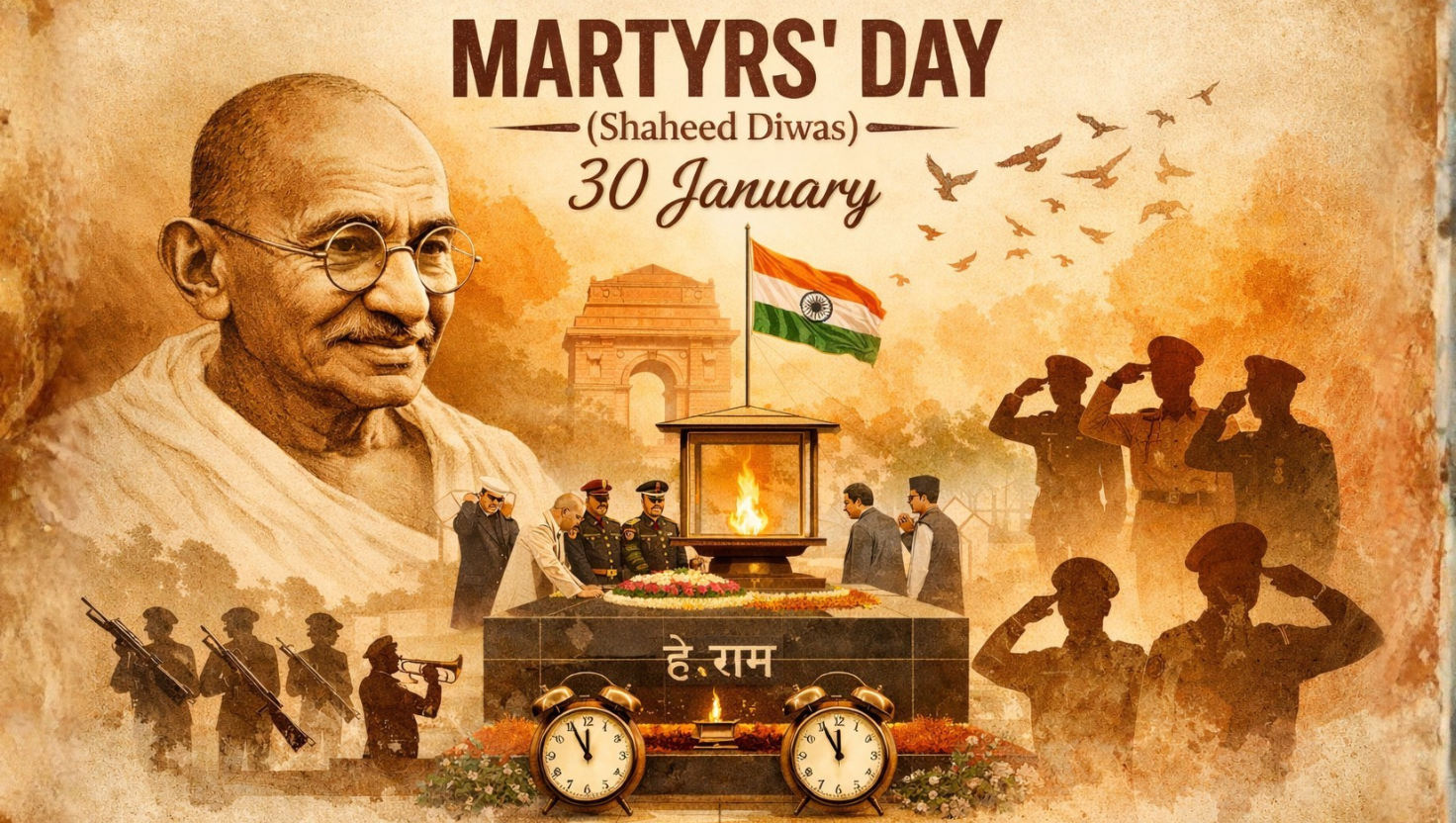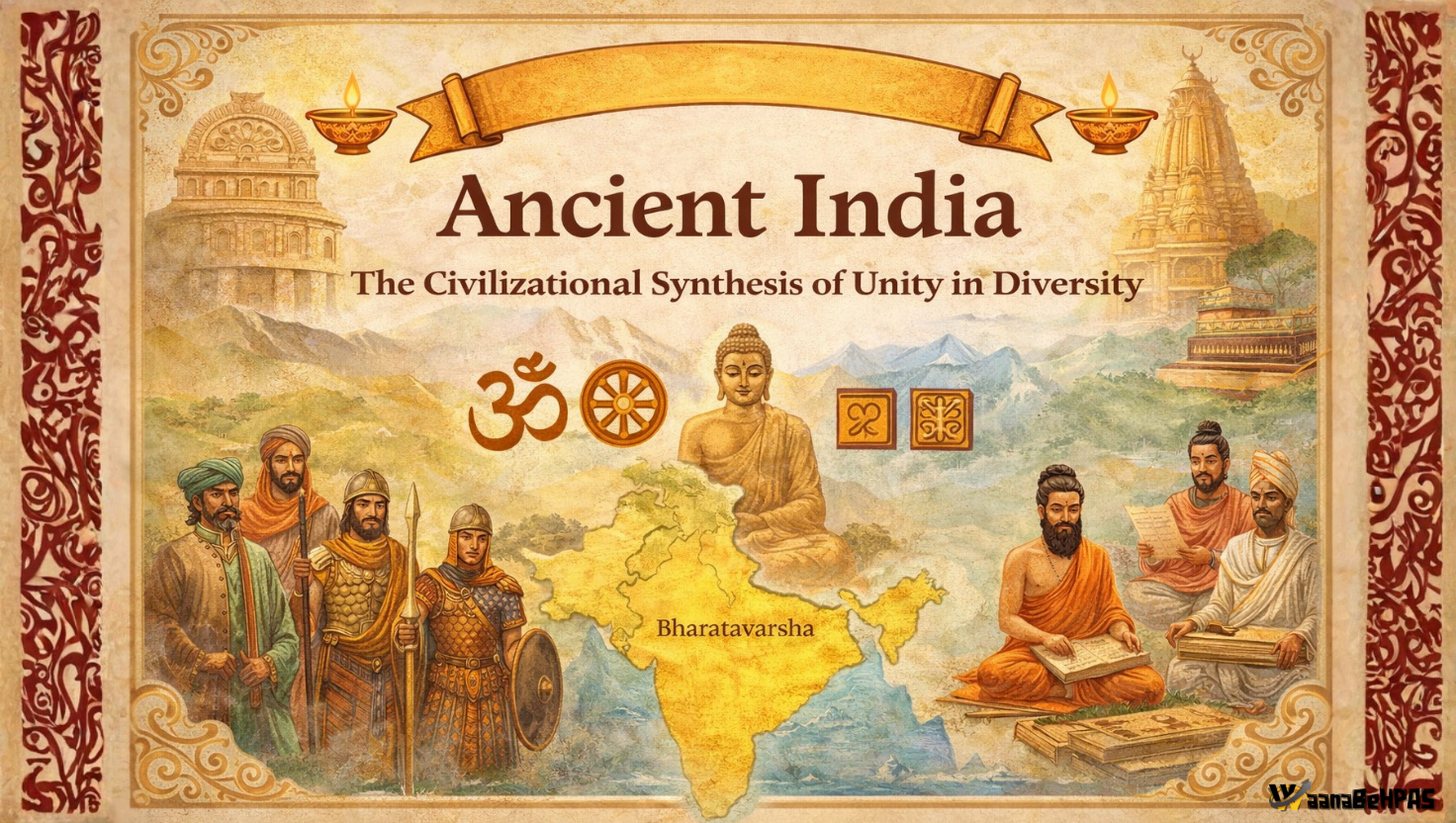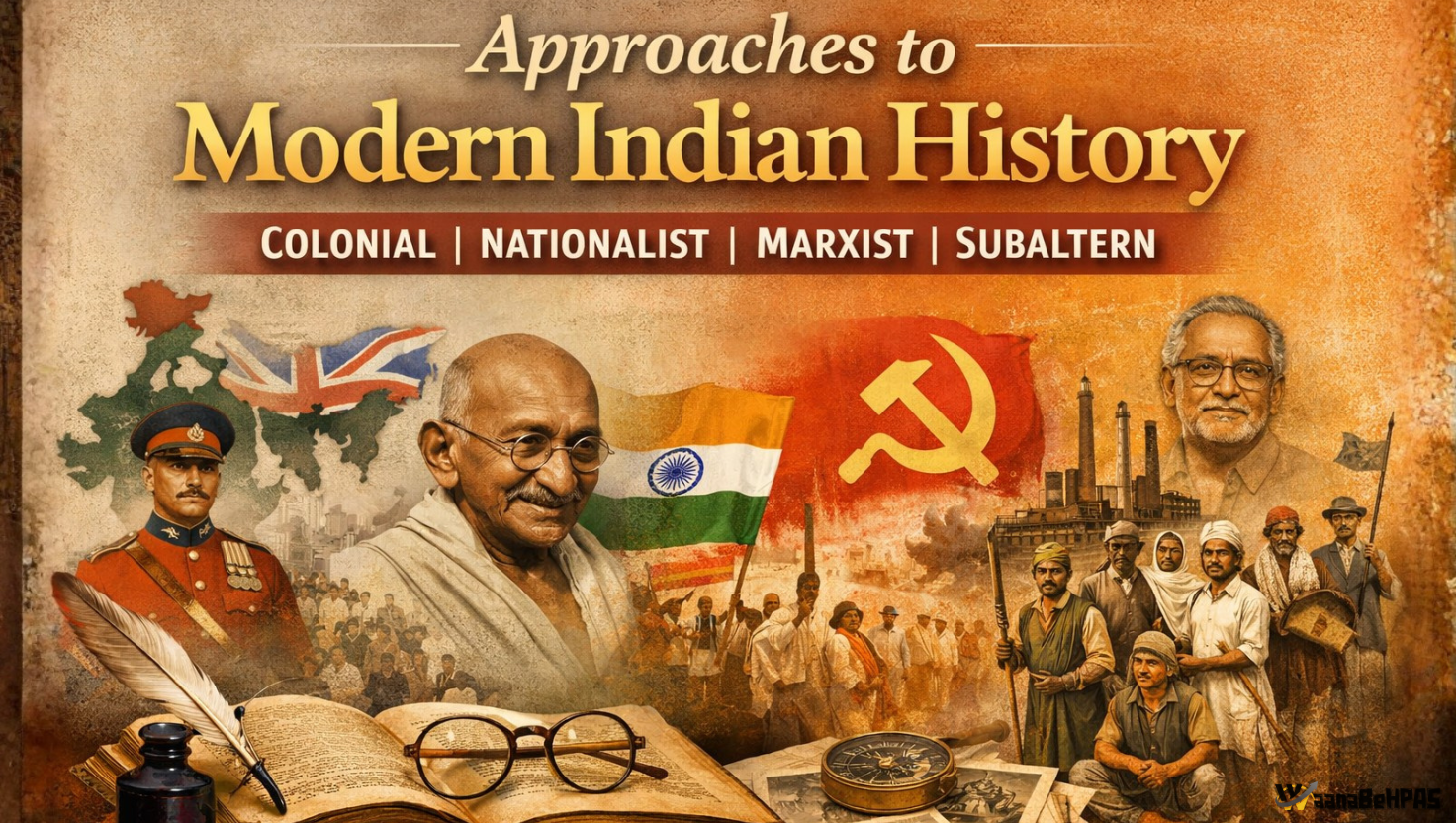Nominations to Union Territory Assemblies
Syllabus: Governance (UPSC Prelims)
Source: The Hindu
Context:
The Union Home Ministry told the J&K and Ladakh High Court that the Lieutenant Governor (LG) can nominate five members to the Jammu & Kashmir Assembly without needing the aid and advice of the Council of Ministers.
What It Means
- Nominations allow certain members to be appointed, not elected, to the legislature.
- Such members often represent specific groups like migrants, women, or experts.
Constitutional Background
- Parliament & States: Earlier, Anglo-Indians could be nominated (ended in 2020). Rajya Sabha still has 12 nominated members by the President. In State Legislative Councils, 1/6th are nominated by the Governor.
- Union Territories: UTs are under Union control, so their Assemblies function through Parliamentary laws, not state-level constitutional provisions.
Nomination Rules in UTs
Jammu & Kashmir
- Section 14, J&K Reorganisation Act, 2019 (amended 2023).
- 90 elected seats + LG may nominate 5 members:
- 2 women
- 2 Kashmiri migrants
- 1 displaced person from PoK.
Puducherry
- Section 3, Government of UTs Act, 1963.
- 30 elected seats + 3 nominated members by the Centre.
Delhi
- Section 3, GNCTD Act, 1991.
- 70 elected seats only → no nominated members.
Key Judicial Rulings
- Puducherry Case (2018): Madras HC and later SC upheld Centre’s power to nominate MLAs without advice from the UT Government.
- Delhi Case (2023): SC highlighted the “triple chain of command” (civil servants → ministers → legislature → electorate). LG must act on ministerial advice, except where legislature has no power.
How UT Nominations Differ from States
- Authority: In States, Governors act on Council of Ministers’ advice; in UTs, the Centre or LG holds primacy.
- Autonomy: States have constitutional powers, UT Assemblies derive authority from Parliamentary Acts.
- Impact: In small UT Assemblies like Puducherry or J&K, nominated members can influence majorities, unlike in large State legislatures.
- Judicial View: Courts have largely upheld the Centre’s dominance in UT nominations, restricting local governments’ say.











